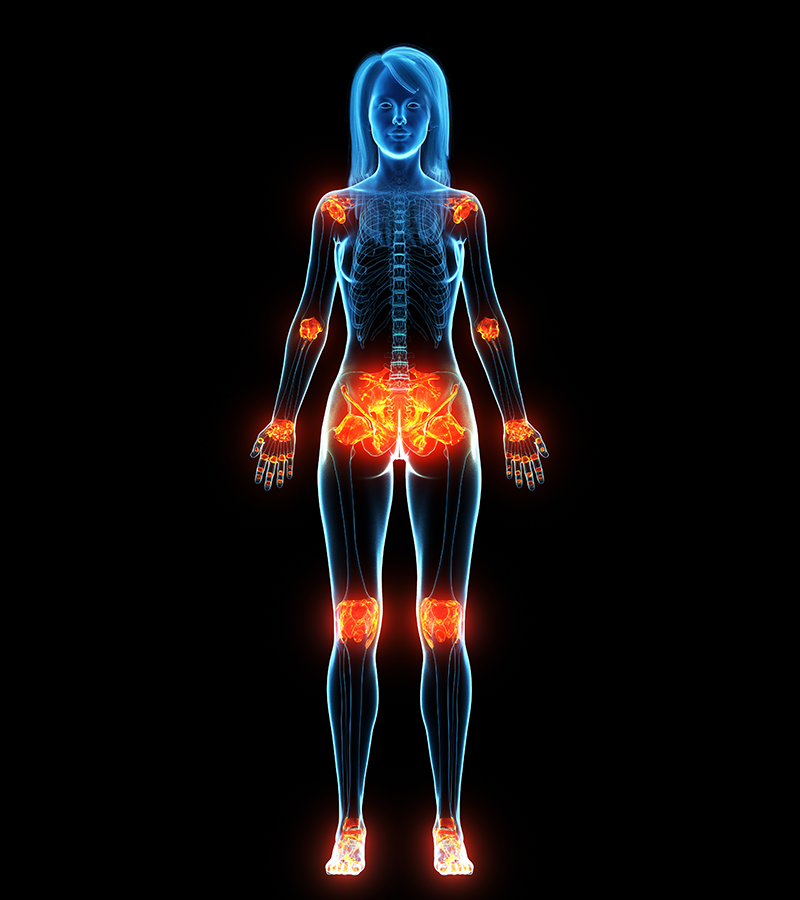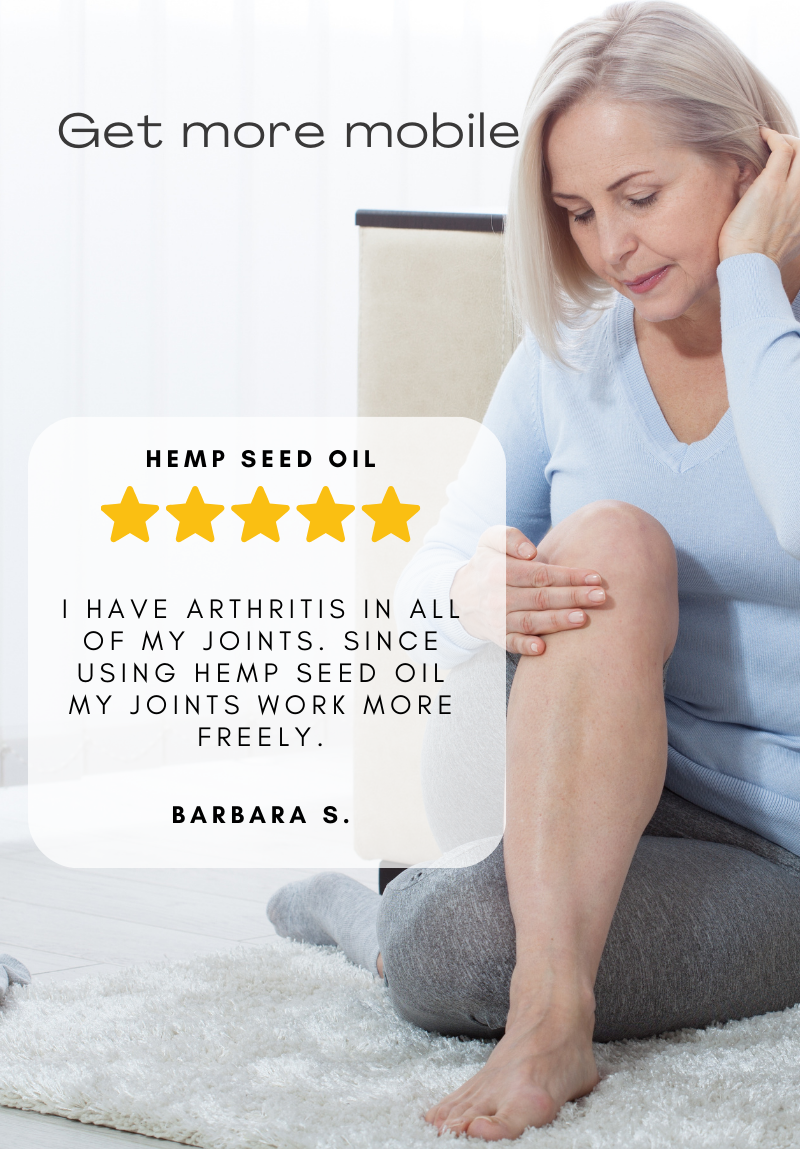

NSAIDS: SIDE EFFECTS OF LONG-TERM USE
ARE THEY REALLY WORTH IT WHEN THERE IS A MORE NATURAL APPROACH?

Long-term use of NSAIDS Have Some Not-So-Nice Side-Effects...
Some commonly used NSAIDs in New Zealand used to treat pain, inflammation, and fever:
Ibuprofen (e.g., Nurofen, Brufen); Diclofenac (e.g., Voltaren); Naproxen (e.g., Naprosyn); Aspirin (used primarily in low doses for heart protection); Indomethacin (e.g., Indocid); Celecoxib (e.g., Celebrex) – a COX-2 inhibitor, which is a subtype of NSAID.
Gastrointestinal Issues
- Stomach & Digestive problems!
Stomach ulcers, bleeding, and gastritis are common and have the potential to lead to more serious complications like stomach and intestinal perforations.
Increased Bleeding
- Delayed healing & surgery complications
NSAIDs used long-term can impair blood clotting meaning injuries/wounds/nose bleeds etc take longer to heal. It also means additonal complications if dental or surgical work is needed, and a greater risk of hemorrhage.
Cardiovascular Risks
- Look after your heart
NSAIDs can increase the risk of heart attacks, strokes, and hypertension.
Gut Microbiome Disruption
- The gut is the second brain
NSAIDs distrupt the gut microbiome leading to an imbalance in gut bacteria. Ironically, this distruption can increase systemic inflammation and exacerbate existing chronic conditions.
Kidney & Liver Damage
- FUrinary & Detox Problems
Chronic use of NSAIDS can lead to kidney impairment or failure as well as liver damage and elevate liver enzymes.
Nutrient Depletion
- Folate, Iron, Vit C, Melatonin ++
NSAIDs are known to deplete folic acid, iron, vitamin C, potassium, and gluthione. They can reduce the levels of melatonin, a hormone crucial for regulating sleep cycles. The depletion of these nutrients can have various adverse effects, e.g., anemia, impaired immune function, increased oxidative stress, fatigue, muscle weakness, numbness/tingling, and potential sleep disturbances (from low melatonin).
NSAIDs work by inhibiting the enzymes COX-1 and COX-2 in the body. This stops them producing “prostaglandins” which are compounds that contribute to inflammation, pain and fever.
But prostaglandins aren’t bad guys and stopping their production has side effects in other areas.
This means that, although you might get relief from the pain and inflammtion of joint pain/arthritis the side effects from long-term use mightn’t be worth it – particularly if there is a more natural way to do just what NSAIDs do without the additional side effects.
Let’s look at what we need prostaglandins for:
- Regulation of Blood Flow: Prostaglandins help regulate blood flow in various organs, including the kidneys, where they assist in maintaining blood flow and filtration rate.
- Blood Clotting: Certain prostaglandins, like thromboxane, play a role in the formation of blood clots by promoting platelet aggregation, while others can inhibit clot formation.
- Gastrointestinal Protection: Prostaglandins help maintain the protective lining of the stomach and intestines, reducing the risk of ulcers by stimulating the secretion of mucus and bicarbonate.
- Reproductive System: Prostaglandins are involved in the regulation of menstrual cycles and are crucial during childbirth by helping to induce labor through the contraction of the uterus.
- Temperature Regulation: They play a role in the body’s fever response by affecting the hypothalamus, which regulates body temperature.
- Kidney Function: Prostaglandins help regulate salt and water balance in the kidneys, influencing blood pressure.
These diverse functions illustrate the critical roles prostaglandins play in maintaining normal body function. It would be better for us then to minimise taking medications that cause the depletion of prostalglandins.
Whether OTC or doctor-prescribed NSAIDs solutions for easing joint pain and inflammation through control of prostaglandins will have side-effects. And while initially these may be helpful, overtime, they might not be so great for your body.
Omega-3 Boost - Get Moving!
Having a natural, 5-star-reviewed oil like our Omega-3 Boost that can help reduce both joint inflammation and its associated pain can benefit in more ways than one. A reduction in systemic inflammation can help aid a decrease in arthritic symptoms, psoriasis/skin issues, gut inflammatory responses, and in turn also help support brain function and bone health. It can get you looking, feeling, and moving your best. Our Omega-3 Boost with its inflammation-fighting ability can be the daily addition you need at just 1-2 teaspoons (up to 1 tablespoon) on its own or with food.
Benefits:
- helps smoother, friction-free mobility
- helps reduce systemic inflammation
- helps ease pain, stiffness and swelling
- helps support brain function
- helps support good bone health
- supports a reduction in inflammatory skin issues
References
- Riordan Clinic (2019) – Medication-Induced Nutrient Depletion.
- Rx Oasis – Common Medications That Rob the Body of Nutrients.
- https://brainmd.com/blog/medications-that-can-deplete-nutrients/
FOR YOUR SKIN, HEART, JOINTS & GENERAL WELLBEING
Omegas are Essential
Omegas are essential fatty acids needed for cardiovascular and heart health as well as brain function and cognition. Our bodies can’t make these so they are ‘essential’ to our diets.
Get the best, sustainable, plant-sourced Omegas you can buy.

Optimal for Good Health
Hemp Seed Oil provides the perfect balance of Omega-3 to Omega-6 in a 3:1 ratio which is optimal for good health.
